As the school year begins, it can be easy to get caught up in all of the shiny new supplies, different teachers, and seeing if you’re in classes with friends. For a lot of students, this also brings a wave of motivation for the new year; goal-setting and phrases like “I’m going to do even better than last year!” are on the rise at this time. Setting goals is important, but so is keeping up with mental and physical health.
Motivation is at an all-time high before the school year begins. There aren’t any bad grades or drama with classmates to deter students from enjoying the year ahead. This is when keeping track of one’s goals can be really helpful, but can sometimes cause students to fill their plate with an unreasonable amount of things to do. When you create an unachievable goal, it is extremely harmful to push yourself to the point of exhaustion just to try to check one more thing off of a never-ending to-do list. The way teachers handle burn out in school can leave a lot to be desired from students, and it’s important that the topic is discussed in a more widespread way.
Mr. Slaymaker is not only an English teacher at Manheim Township High School, but is also a graduate from MTHS. He believes that, “…teachers should keep open lines of communication with their students, so they can understand when they’re a little overtaxed and need some time to recuperate.”
This is a perfect example of how teachers can still be productive in advancing their student’s education while also demonstrating empathy towards their mental health. The amount of work that students get outside of school can also feel extremely overwhelming to some. Because of these large amounts of homework, some students don’t have time to see or talk to friends much. This can cause a huge strain on their social and emotional health, which is unfair to students. Social aspects of high school are equally as important as academic aspects, and limiting those social parts of life is wrong.
Slaymaker said that, “Taking care of yourself also comes before really anything in life and if you can’t do that, then most likely you won’t be able to make your work work.” This is a mindset that allows students to make their health a priority, even when they are rigorous with their academics.
For a lot of students who are new to the high school, taking higher-level classes that result in more time being spent on homework can make it really difficult to find time to do things they are passionate about outside of school. For some, even when presented with time to work on hobbies and passions, so much extra schoolwork makes having the energy for those things impossible.
Burnout is a topic that many people–not just students–deal with, but is rarely mentioned at school. There tends to be a stigma around talking about feeling overwhelmed at school, when saying so might be met with disregard.
“I think that school should just in general be more aware of changes in mental health over the course of an entire school year,” Slaymaker said. “Burnout is a really big problem in people of all ages, really, and high school is a busy place for teachers and students.”
Freshman Maria Zeppos is taking multiple honors classes this year.
“Some students can be so nervous about the responses that they might get from teachers, that they don’t even approach them with the information that they’re struggling.” Zeppos said. “I think that if they’re feeling stressed about something, they could start out by notifying that teacher, and scheduling a conversation with the teacher about what could be done. Feedback from teachers can really depend on the teacher and how well-versed they are in whatever the need is.”
Advocating for one’s needs can be nerve-wracking, but not doing so can be extremely detrimental to not only academic success, but overall health. It’s important to find a good support system- whether that be through teachers, family, or even friends. The only way to achieve a good support system is to let people know about situations that they might be able to help with.
The school has opportunities like “No Homework Weekends” set in place to give students a break over the course of a year. The question remains, are these enough of a break?
While “No Homework Weekends” do provide a break over the weekend, isn’t that what weekends are supposed to be for anyway? A homework-free weekend lets students make time for things that they’re passionate about without having to worry about completing schoolwork. Although academic success is important to a lot of students, so is self-care. Time to rest and have fun allows students to work most effectively during the school week and, without that, students have to compensate by working even when they’re exhausted.
To conclude, burnout is a hugely prevalent issue within the school system that is rarely talked about enough. There are instances where reaching out to teachers does result in getting the help you need, but in some cases, this doesn’t happen. Setting realistic goals and taking care of yourself should always be a top priority, and reaching out for help is never a wrong thing to do.


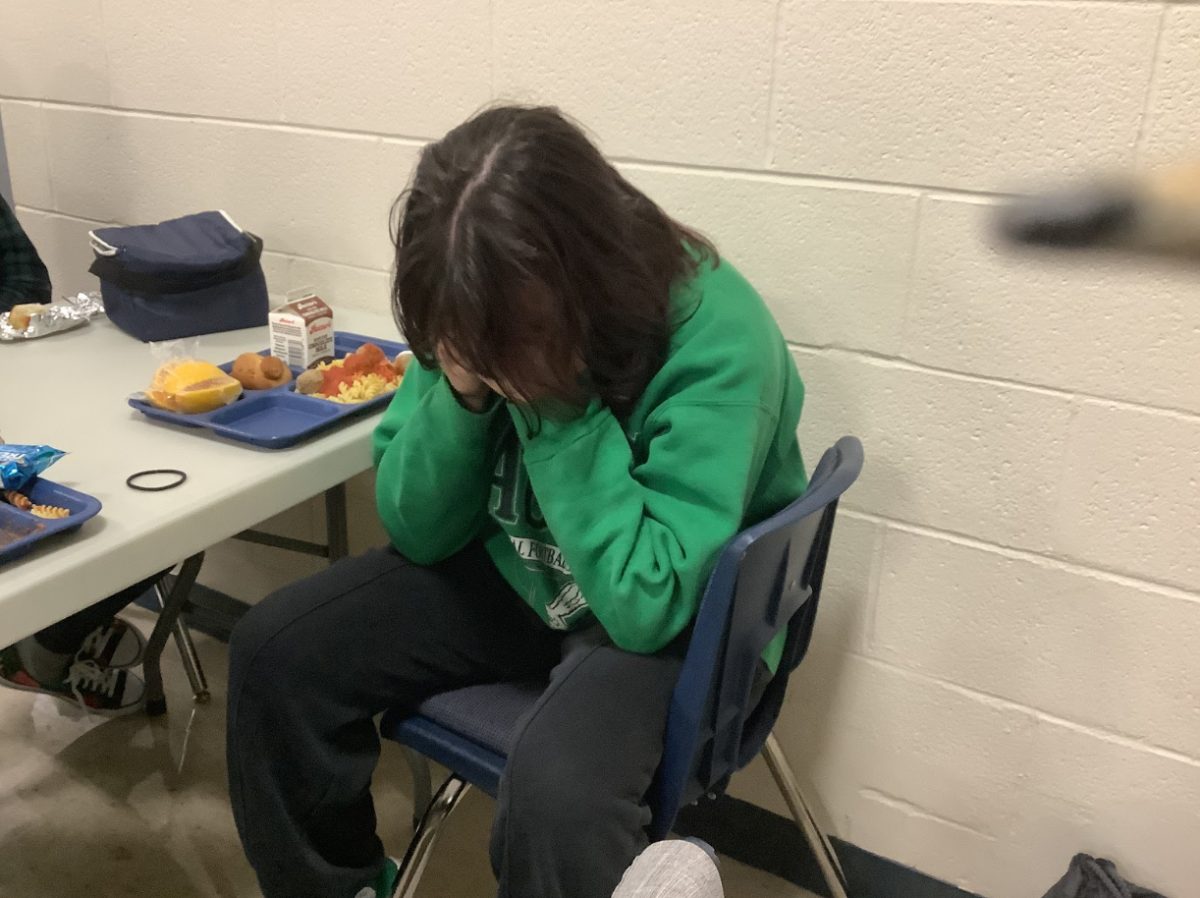


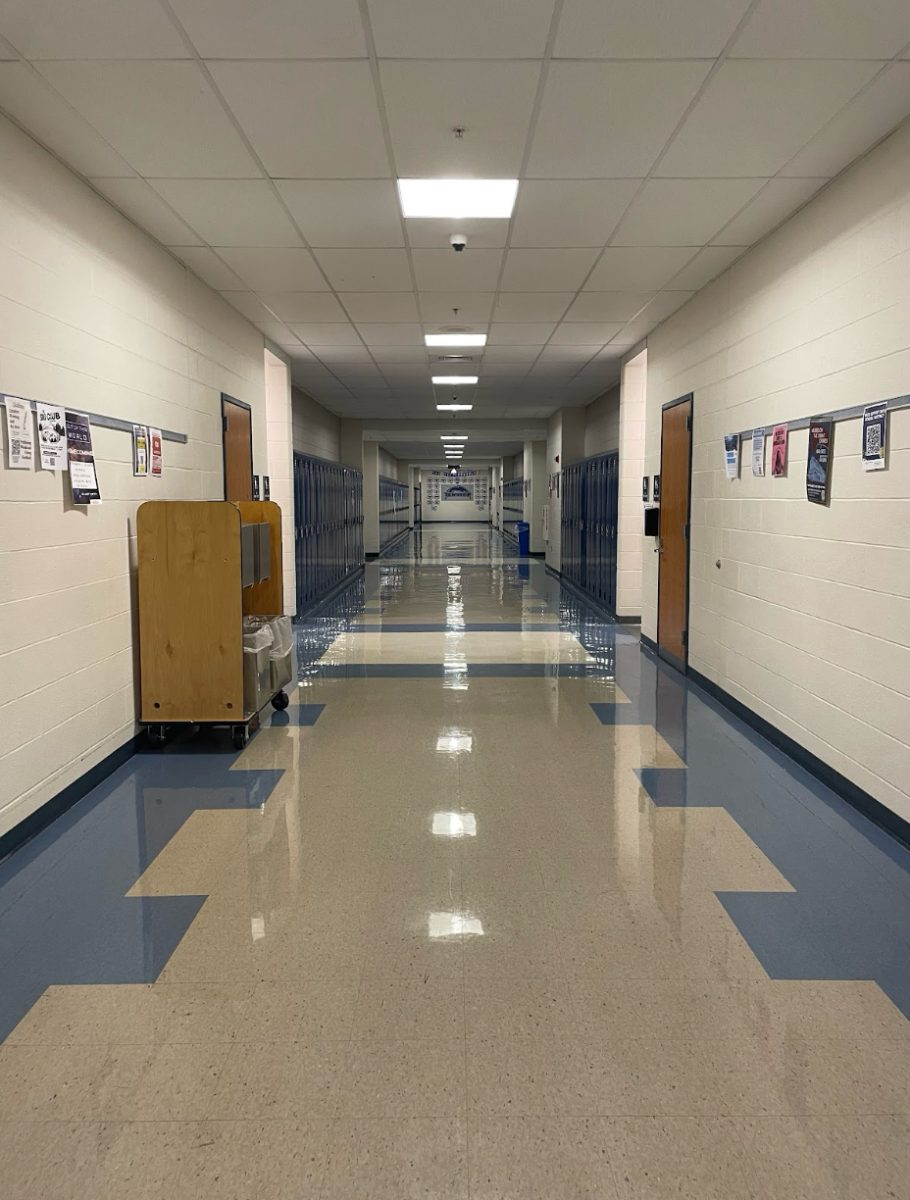



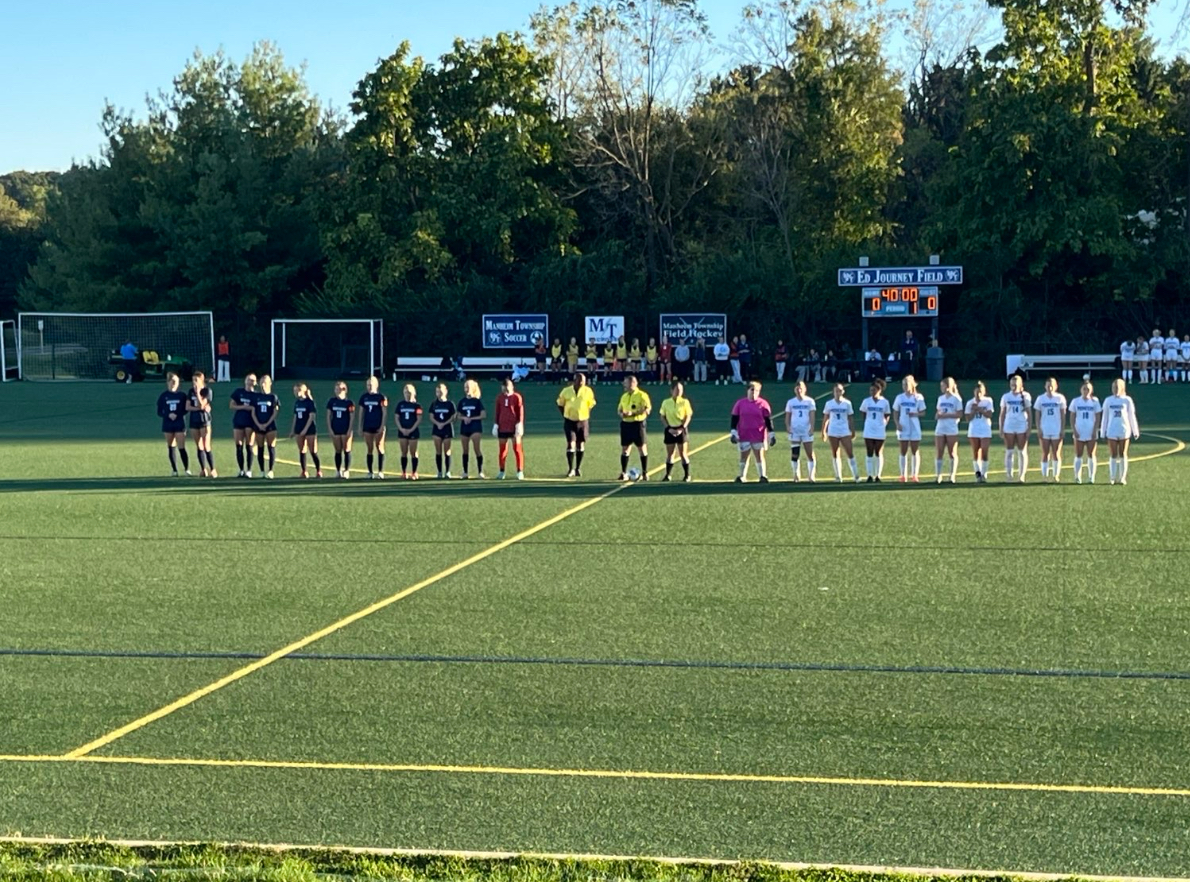


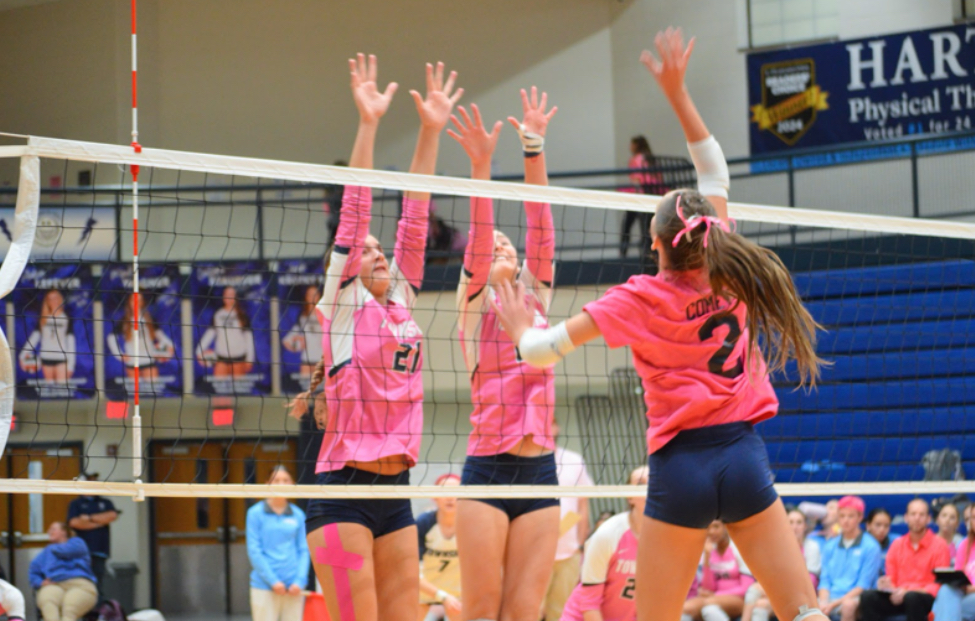
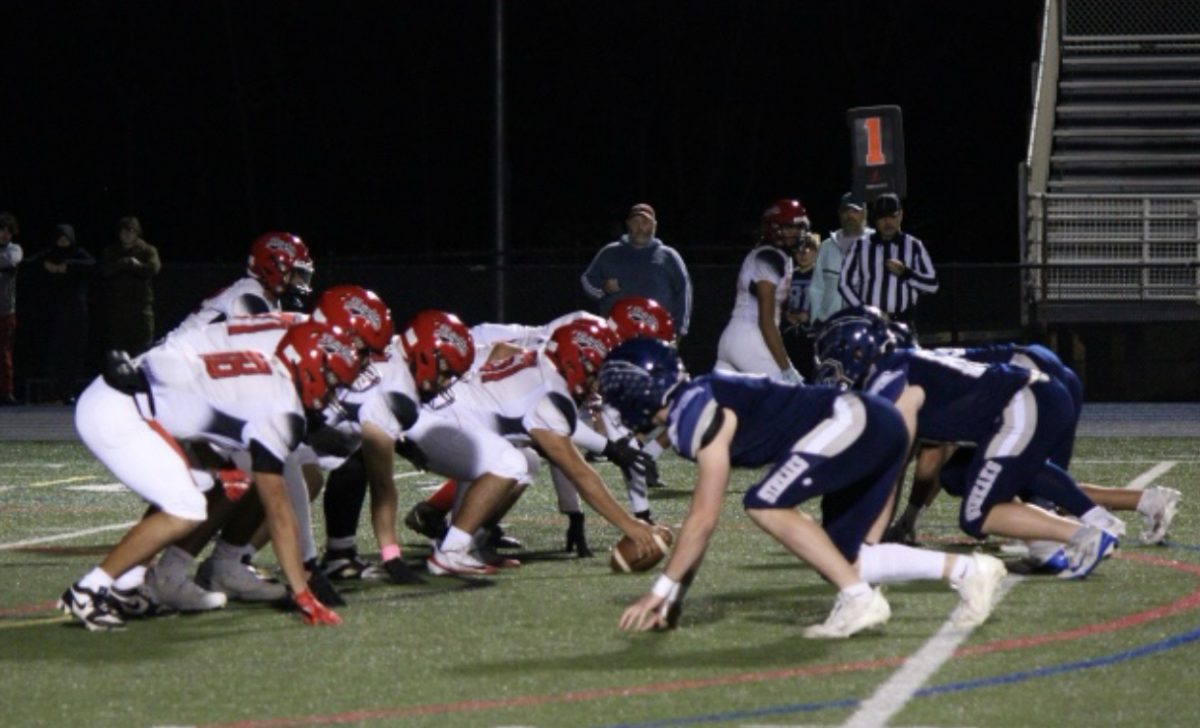


Thomas k • Oct 13, 2023 at 11:45 am
I don’t think not getting enough of a break is that much of a problem but the amount of time between each break. Weekends are a fair enough length, but both days being one after another causes Wednesday to be this miserable island where nobody will have a break for two days and hasn’t had a break for an equal amount of time.
Another problem that causes burnout in my eyes is the long stretch of dreaded classes with no breaks. People feel pressured to take a study hall so they have a second break during the long boring days but these often end up being first or last periods period which aren’t very helpful and generally causes a student to regret missing an opportunity to get a extracurricular they were interested in. A solution for this may be the removal of study-halls and instead have one school wide free period though it wouldn’t even need to be a full period! Just 20 minutes could vastly increase student productivity. it would obviously need tedious planning by the school board but I think the gain to loss ratio would be worthwhile.